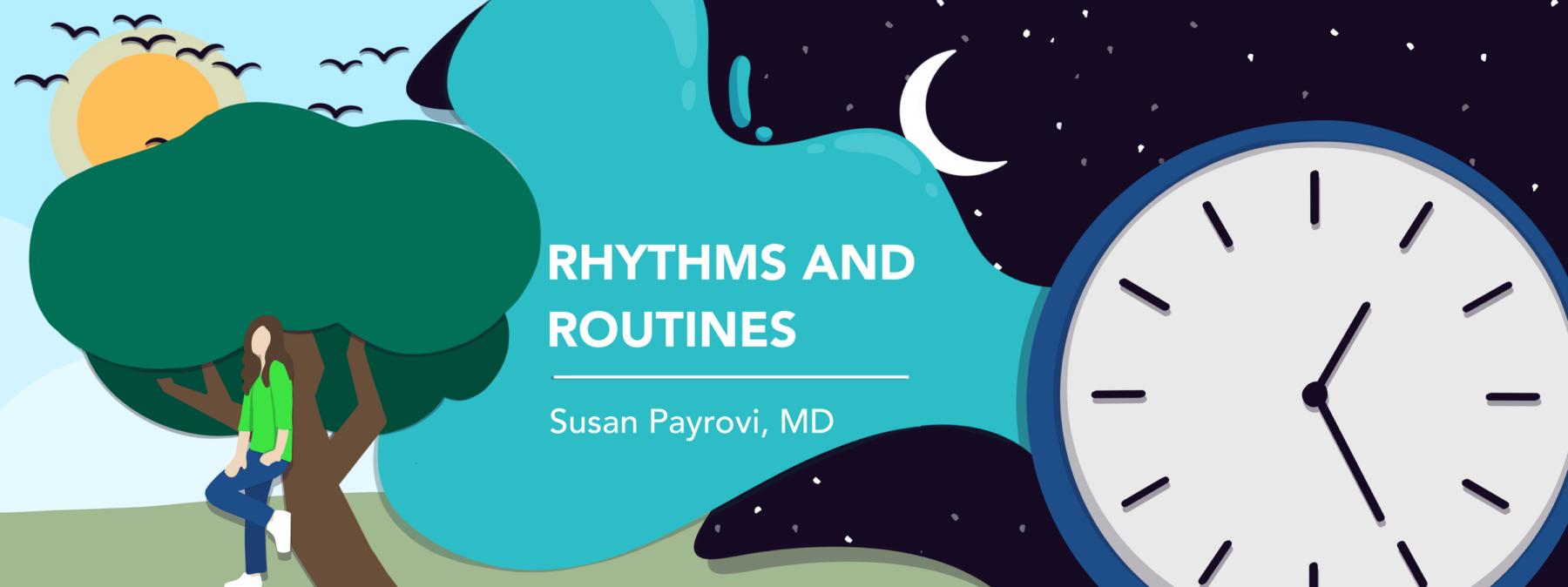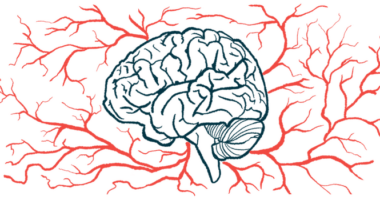A recovering night owl embraces the benefits of natural light
How getting outside every morning helps me find my natural rhythm

I’d tricked myself into thinking I was a night owl for decades. Studying came more easily during those dark, quiet, and still hours. So did going out to nightclubs to dance, meet strangers, and feel a little more anonymous and a lot less self-conscious.
When that phase of around-the-clock studying and dancing with strangers ended, so did my rhythm. Now that I have a day job, three boys, and soccer-mom status, I find myself crawling to my finish line of 8 p.m. In fact, my husband and I often look at each other around 7 and ask if it’s too early to turn in.
So what happened to the burst of focus and mental and physical energy that arrived at 10 p.m. back in my younger years?
Life changed. Priorities changed. My values changed. And multiple sclerosis (MS) happened, too.
Cooperating with the rhythms of nature
Now that I’m living with MS, I no longer find value in staying up when my body and brain are begging me to go to bed. Sadly, I also struggle with mornings. I’ve never been the type of person who wakes up and springs out of bed. I can easily spend nine-plus hours resting before forcing myself vertical.
But I do get up early to get my boys off to school, exercise, and visit my piece of nature before starting work for the day. My secret weapon? Morning light.
My bedroom features giant windows and no curtains, so I’m often up before my alarm, especially in spring and summer when the sun rises earlier. Waking up to this “light alarm” is much less jarring than being shaken out of my slumber by the ugly default alarm on my phone.
My morning routine involves getting the boys off to school and getting myself outside for 30 minutes to let natural light filter into my eyeballs and brain — rain or shine. The earlier, the better.
Why is morning light so powerful? It’s the most reliable signal to my circadian rhythms that daytime is happening now and night will arrive in about 12 hours. Syncing my sleep-wake cycles with natural light coordinates the timing of so many functions in my body, including hormone secretion, the timing of a bowel movement, and even when to feel hungry.
As someone with MS, I intend on maintaining as much function as possible well into my later years. Getting my morning light regularly sets the itinerary for the day and smooths out my physiology. It also makes for a smooth transition into nighttime physiology, where the magical repair and regeneration functions come alive while I sleep. This I can’t afford to miss out on.
Here’s the silver lining of my illness: Had I not been diagnosed with MS, I’d still be working over 60 hours a week as a doctor, taking night calls, and pushing anesthetics in a dark operating room with no windows. Thanks to MS, I’ve been forced into a simpler, quieter life where I can honor my circadian clock and cooperate with the natural rhythms of nature.
Note: Multiple Sclerosis News Today is strictly a news and information website about the disease. It does not provide medical advice, diagnosis, or treatment. This content is not intended to be a substitute for professional medical advice, diagnosis, or treatment. Always seek the advice of your physician or other qualified health provider with any questions you may have regarding a medical condition. Never disregard professional medical advice or delay in seeking it because of something you have read on this website. The opinions expressed in this column are not those of Multiple Sclerosis News Today or its parent company, Bionews, and are intended to spark discussion about issues pertaining to multiple sclerosis.








Fred Johnston
Thanks... Totally agree and relate to this!
Arlene Mowry
Thank you for this article! I too rise with the sun, walk and explore nature then return home for breakfast and the start of my day. As a retired educator and now volunteer at a natural history museum, all feels quite right!!
Susan Payrovi, MD
I love that you said "it all feels quite right!" That's the best indication that what we are doing is working for us. No expensive lab tests or studies needed.
Ellen Lerner
I have always been a night owl. In fact, as I’ve gotten older, I’m even going to bed a lot later like two or three or four in the morning. I’ve always needed like five hours of sleep and then I’m up. Putting light into my bedroom has made no difference. my husband hates the morning light so he puts the shades down every night. I have been getting up a little earlier but after five hours and I get up early I’m already tired by 9 o’clock AM . I think better night I always have. When I was younger, I had to get up to go to school and go to college and I did what I had to do , I had a lot of homework and I was glad I could stay up to do it because I would never have gotten it done if I went to bed early. Had sleep study recently as suspected I have no breathing issues as some people do. I got a note back from the doctor as to how I could fix my nighttime habit, but in all honesty, I’m not all that interested in doing so. We have company now and I’ve been getting up early last few days, but I still don’t go to bed until till one or later.AM As I said, I went to bed early last night, 11 or 12 woke up five hours later now it’s 9 AM and I wish I could go back to sleep, but I have something to do this morning. So just as with MS, We are all different.
Susan Payrovi, MD
Hi Ellen, Thanks for your message! What stood out for me from your comment was that you are tired by 9 am. That middle of the morning sleepiness/drowsiness may be a sign of inadequate sleep at night. Thought I'd throw that out there since that would be something that would catch my attention as a physician. And yes you are right, we are all different and not two people have the same experience with MS!